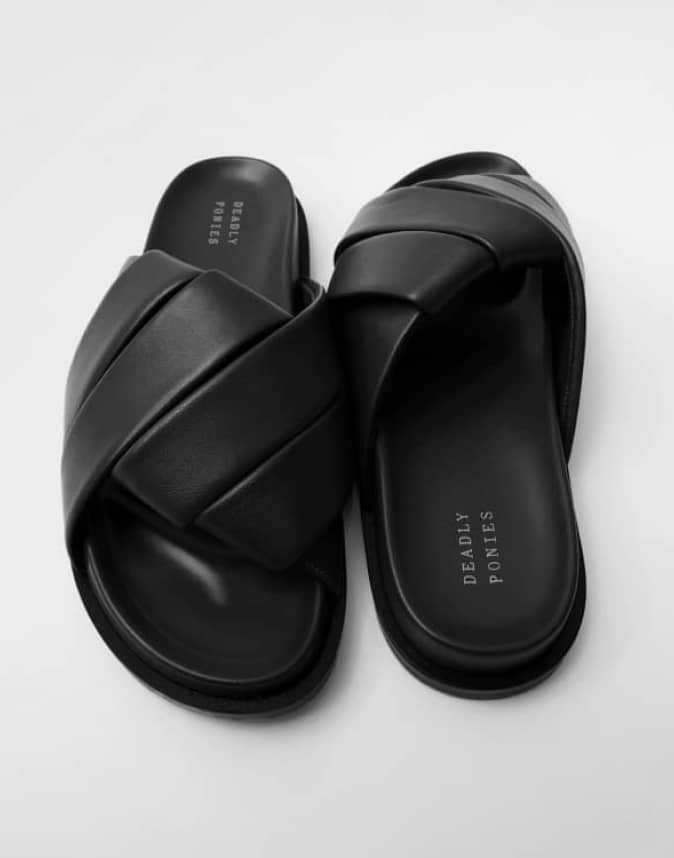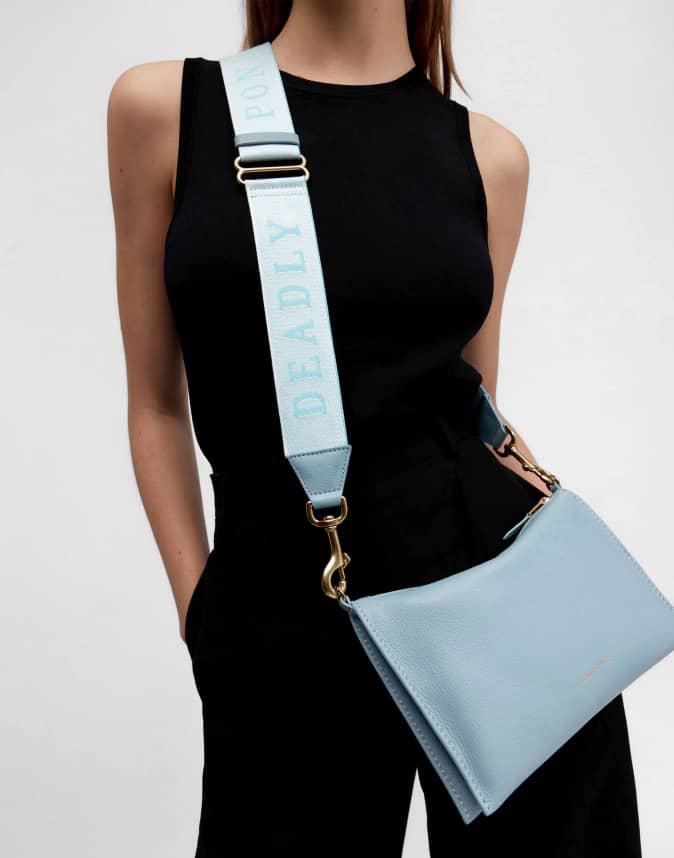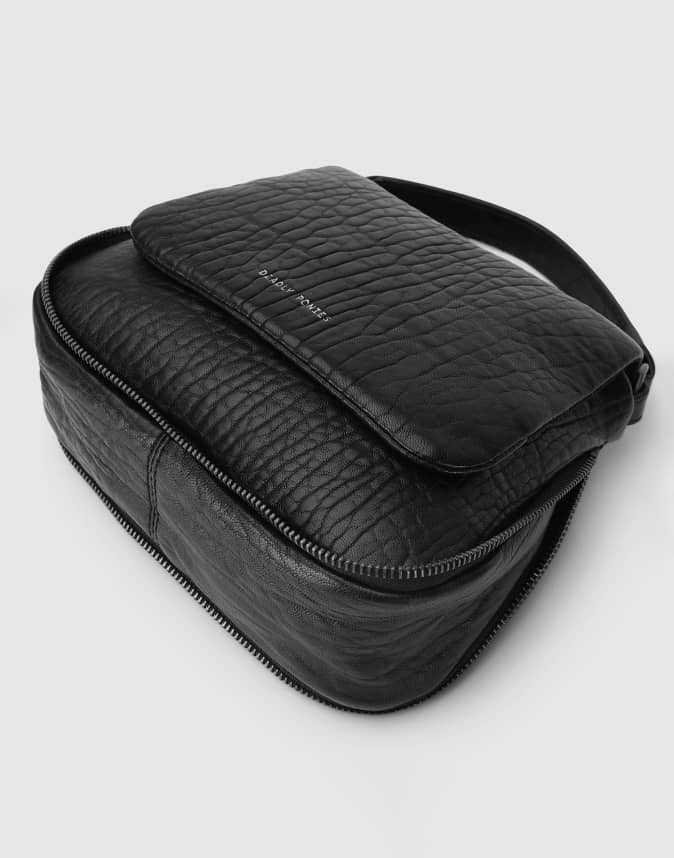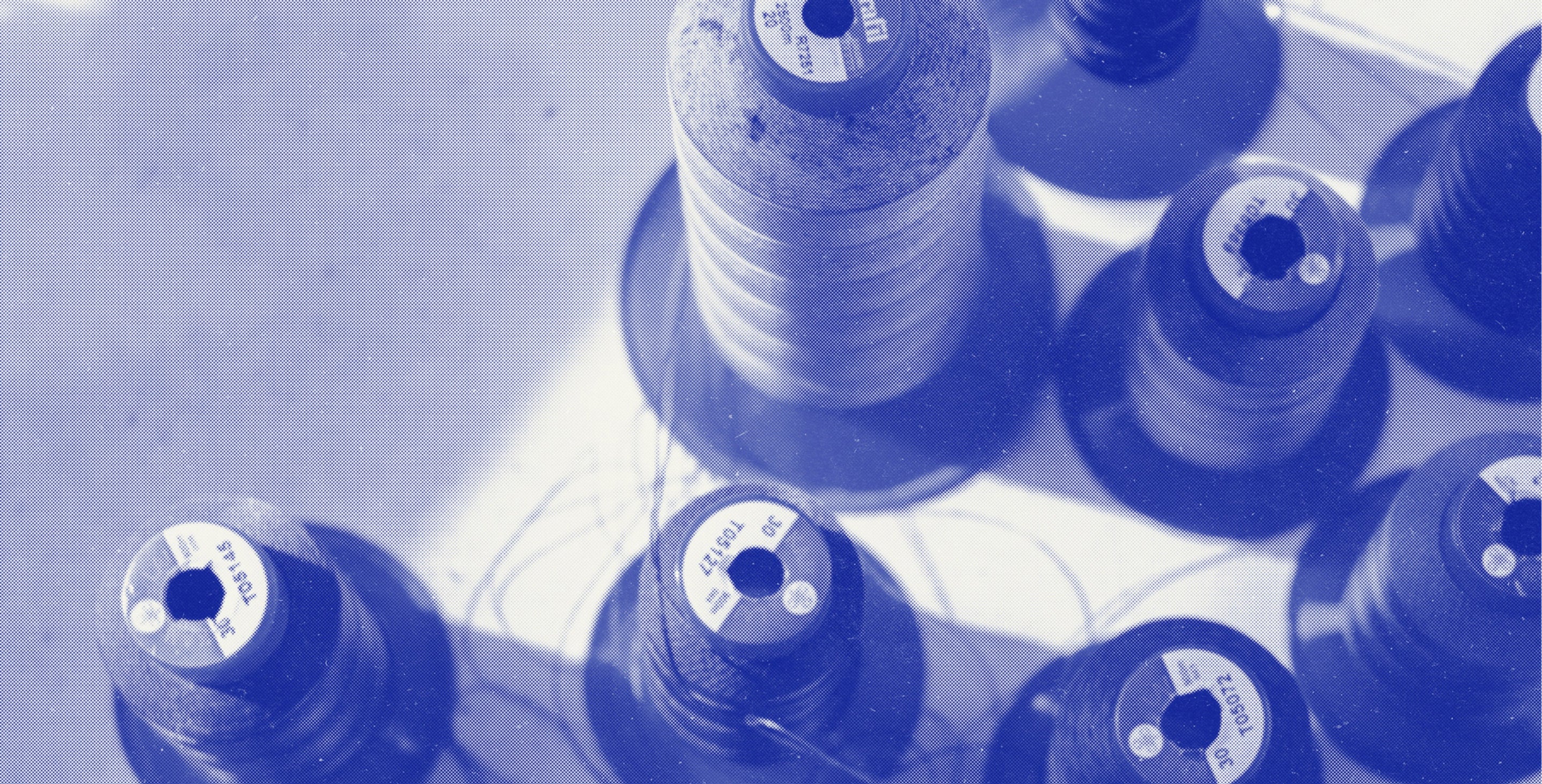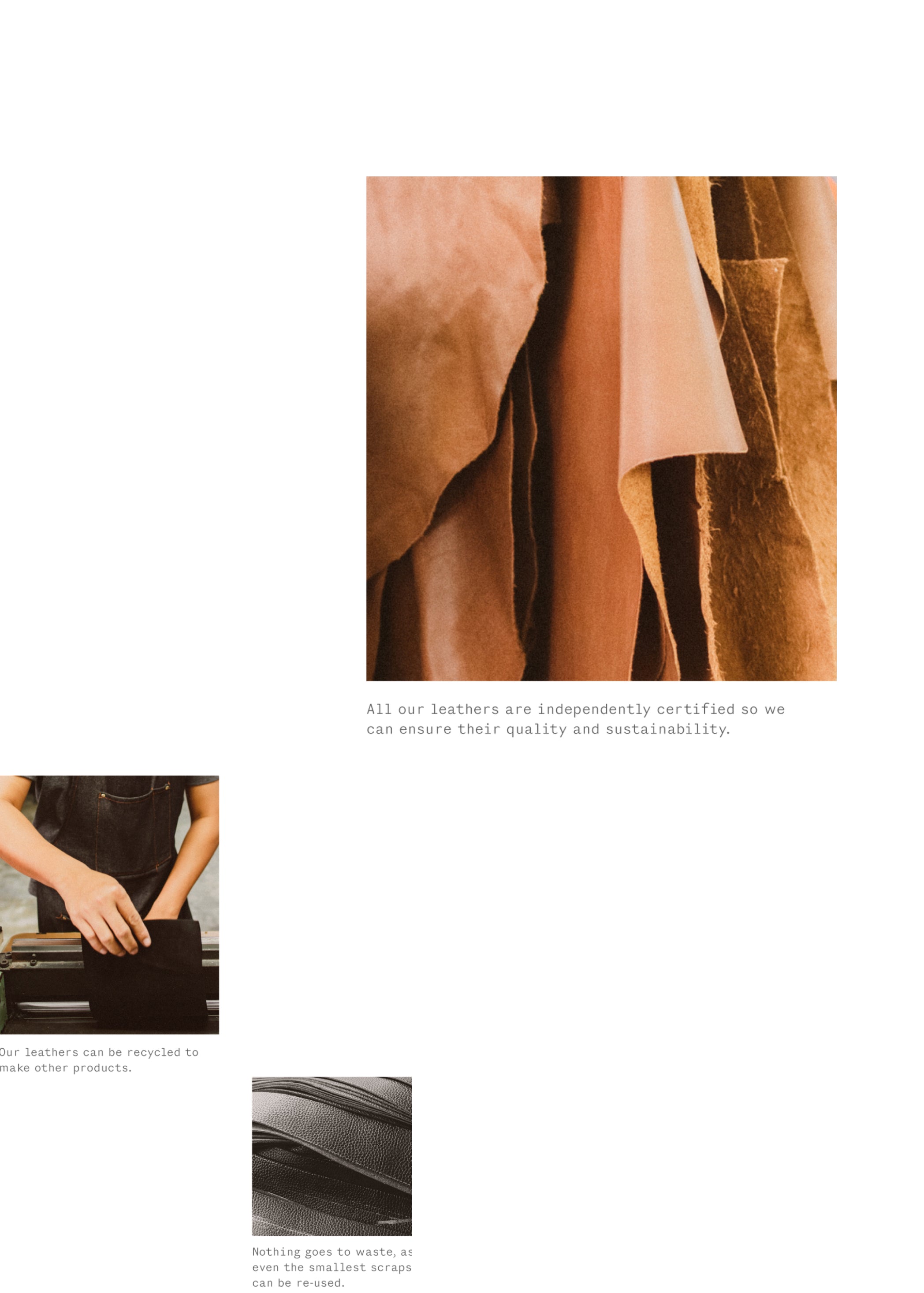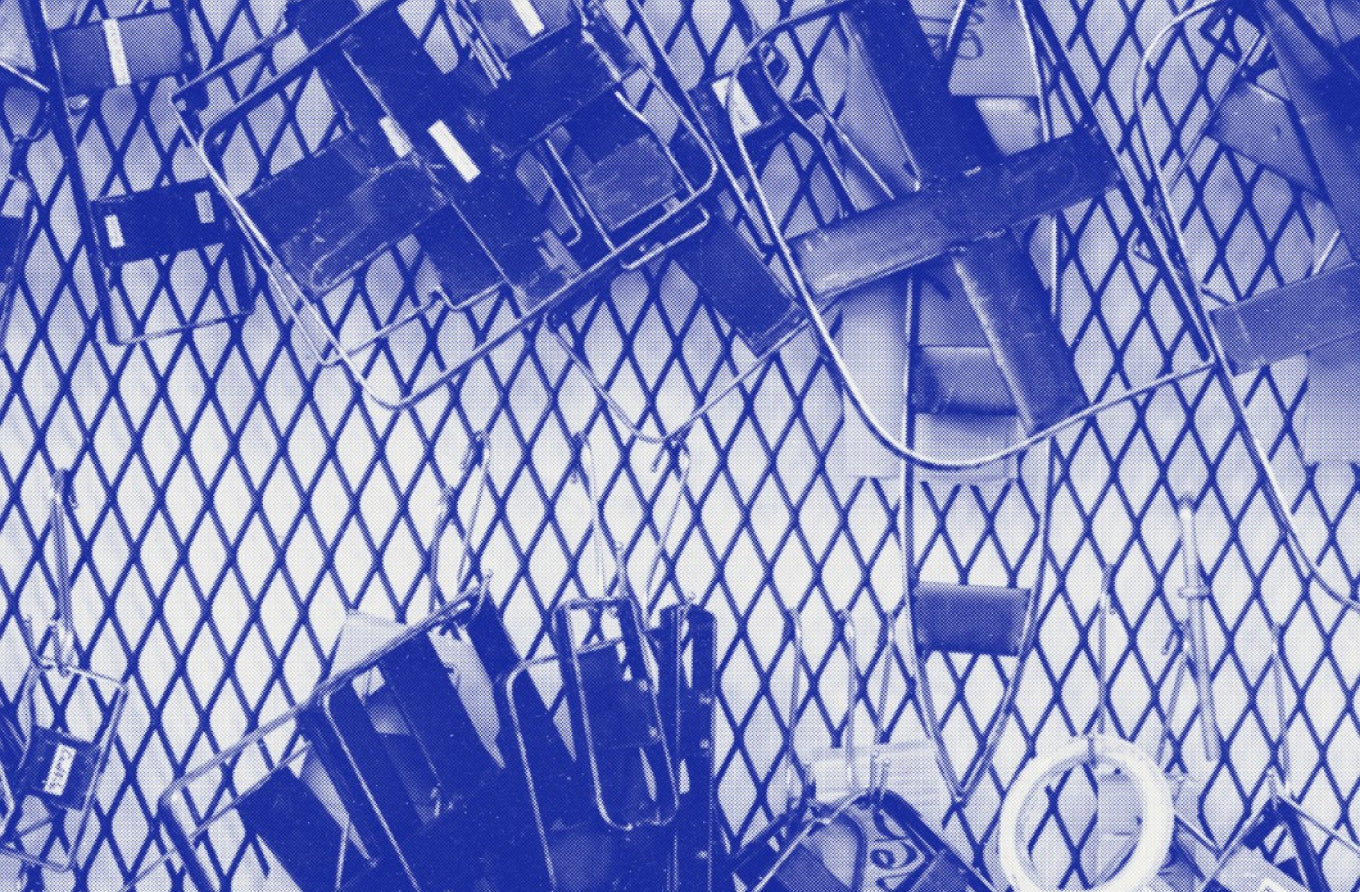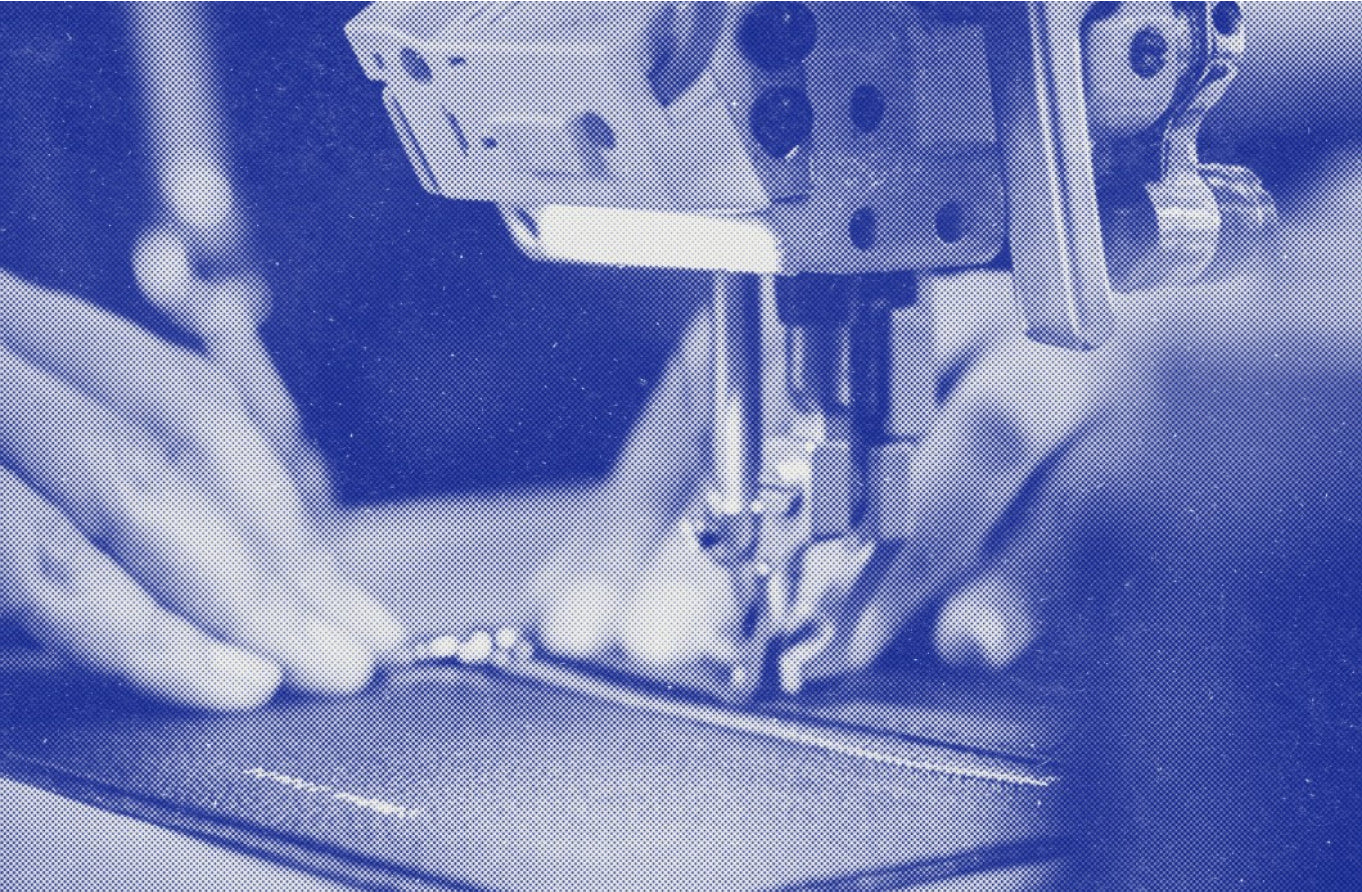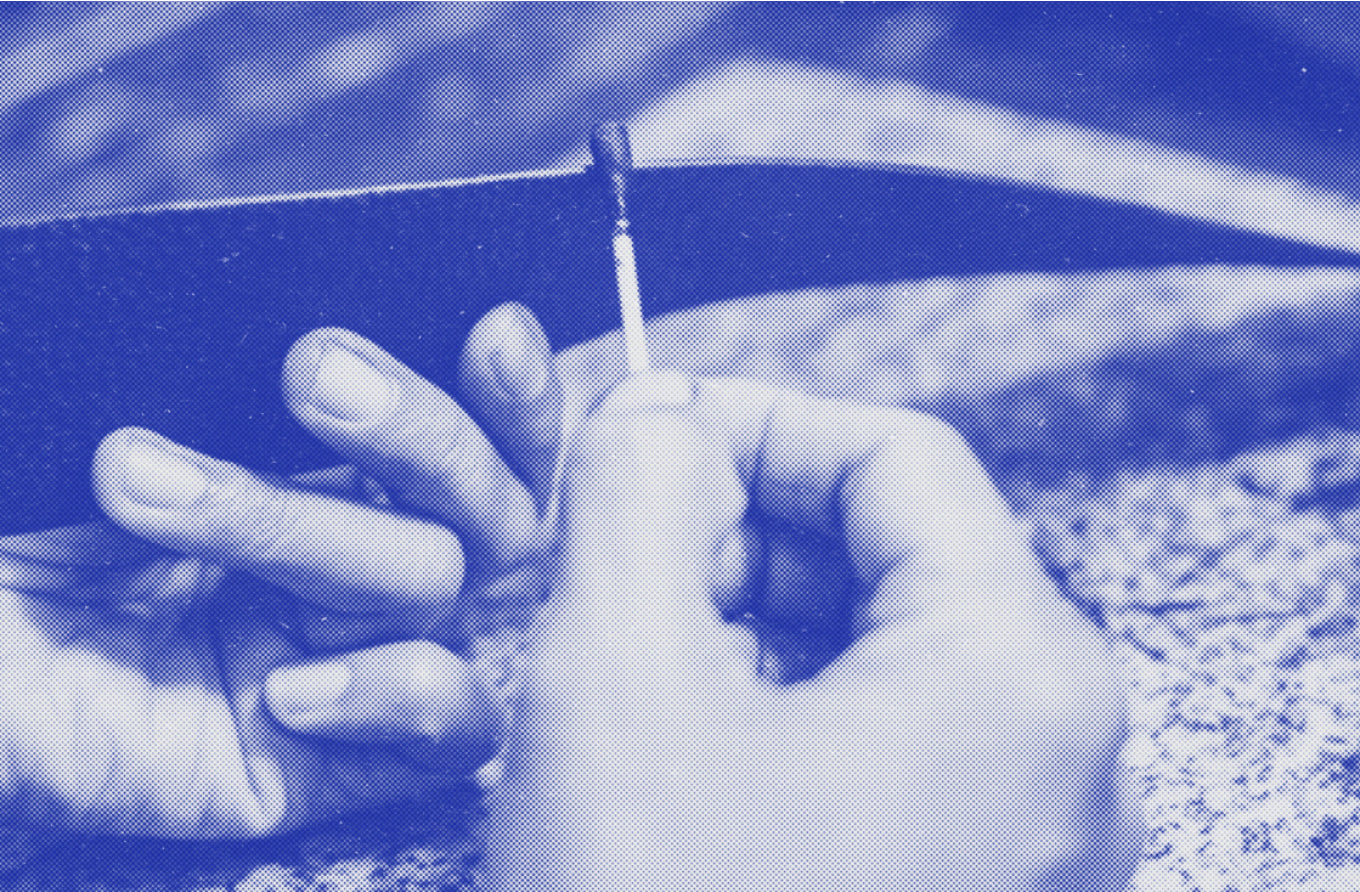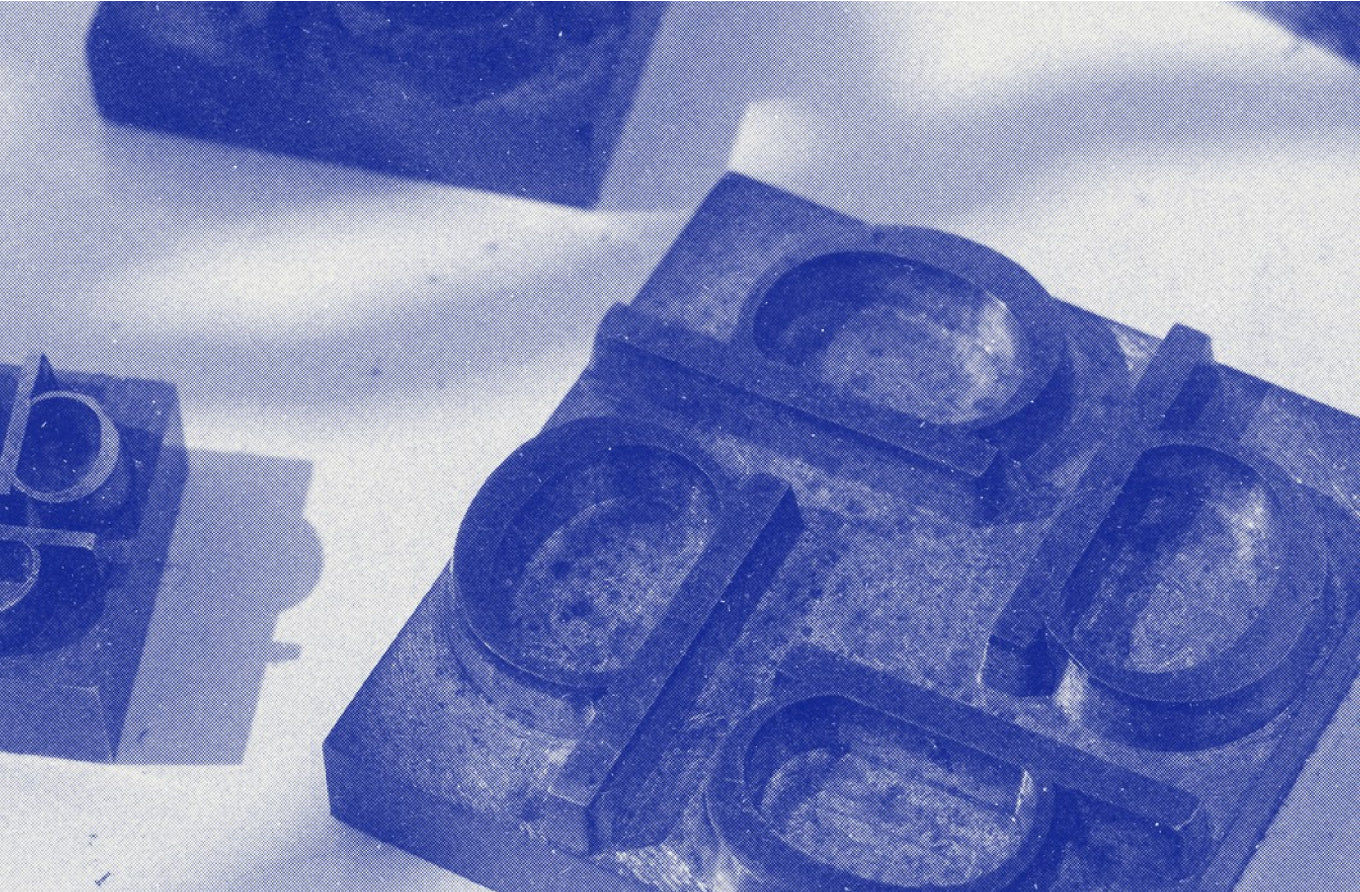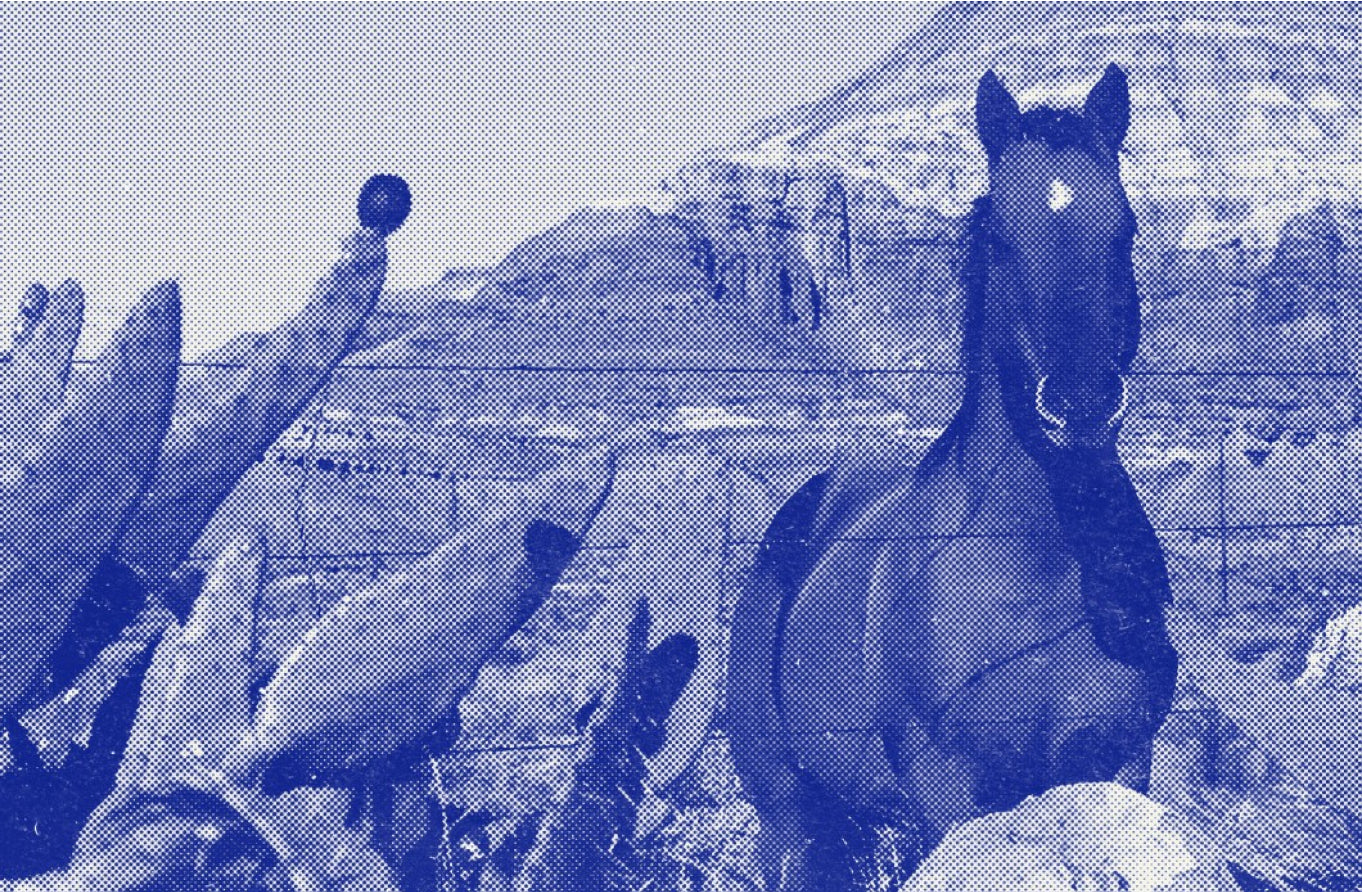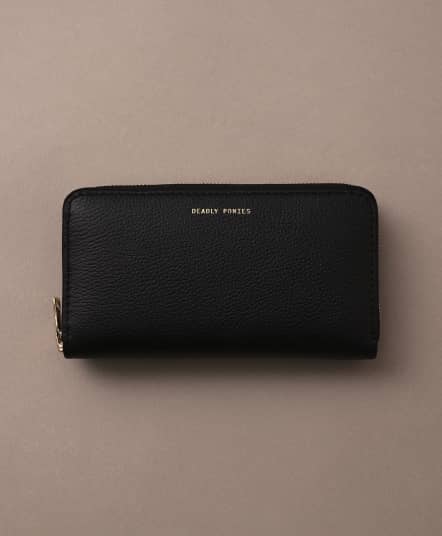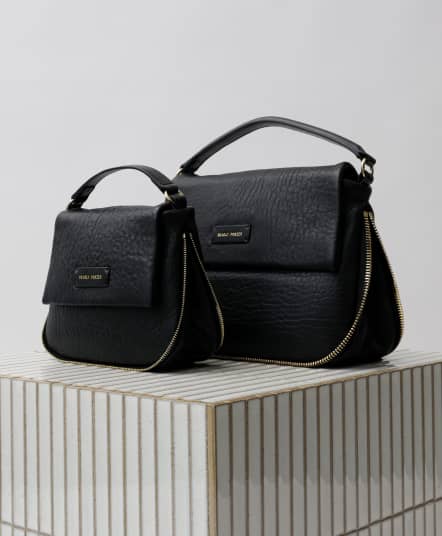OUR MATERIALS
Not willing to compromise on our values, we work closely with select suppliers across the world to craft the highest quality, sustainably-sourced and ethical materials our customers know and love.
Why leather?
For us, it is about sustainability & longevity of our quality leathers. By sourcing ethical hides - working exclusively with hides that are a by-product of the meat industry, or natural casualties, have traceability, and have Leather Working Group or equivalent certification, we can ensure the quality and sustainability of our materials. While we continue to innovate and source alternatives to provide choice, we choose leather for three key reasons:LongevityLeathers need to be properly cared for, including regular conditioning, waterproofing and storing away from direct sunlight. Our products are crafted and designed to be long-wearing.
Biodegradable
Unlike most leather alternatives on the market which can take centuries to break down and are manufactured using fossil fuels from synthetic, plastic-based materials such as PVC, polyurethane and toxic Phthalate; quality, tanned leather can take between 25-50 years to fully biodegrade on its own - leaving a far less lasting alternative than its counterparts.
Recyclable & repurposed
Due to its durability, our quality leathers can be recycled and repurposed into new products, helping to close the production loop and deliver a more circular economy. Our Recycle initiative also means customers can return their pre-loved products as part of our buy-back scheme, which we then use to craft our 100% recycled collection.
02.2 Materials we prefer
CALF NAPPA
Our Calf leathers offer durability and are farmed in the United States, Europe, and Oceania before being tanned with our supplier in China. Our Suppliers are part of the Leather Working Group (LWG) and have achieved the Gold Standard rating, ensuring the protection of the environment and workers, alongside responsible leather sourcing.
Our croc-effect is made by hand-embossing Calf leather. It is farmed and tanned in Italy, splitting the leather before being texturised into our unique croc pattern.
BRASS HARDWARE
We haven’t just chosen brass for its durability and aesthetic, but due to its low environmental impact. With the lowest manufacturing carbon footprint, solid brass can also be melted down, time and time again, being truly circular. Our brass is crafted using a traditional sand-casting - often associated with high quality jewellery casting, before being hand polished to reveal its natural brass colour.
LAMB NAPPA
A soft, fine-grained Italian Lamb leather with a semi-aniline finish. Semi-aniline is defined as leather that has been aniline dyed in the drum and finished with a process that involves a light surface coating of pigment, for enhanced scratch and abrasion resistance.
Eco-Neoprene
Crafted from grounded seashells, a byproduct of the seafood industry, our eco-neoprene is a natural Rubber, bonded on either side with nylon knit. It is an incredibly durable material, both sunlight and water-resistant.
RAFFIA
We use eco-dyed Raffia made from regenerated plant fibre. It is biodegradable and woven by a small women’s collective in Chiang Mai, Thailand. This women's collective specialises in intricate weaving techniques, creating our unique, handwoven Rush Capsule.
DEER LEATHER
Deer Nappa is a luxurious and versatile leather both strong and thick yet soft and supple. Our deer leather is sourced in NZ and the US, and tanned in China with our supplier who is ISO 9000:2001 accredited and is LWG Gold rated.
CAPRA PYTHON
Capra Python is made from Goat leather sourced in Mongolia. It has been simulated, custom-printed and embossed to be a true representation of the exotic texture of Python without the use of exotic or endangered animals. Our Capra Python is tanned and hand-finished in Italy with our supplier who is LWG Bronze rated.
GOTS CERTIFIED ORGANIC COTTON
Ensuring the protection of the environment and labour practices, certified organic cotton does not use toxic chemicals, predominantly relying on the natural ecosystem to produce crops. Organic cotton uses 46% less Co2 than conventional cotton, and requires significantly less water, with farmers often relying on rainfall for irrigation. Our cotton is currently REACH standard and BCI certified, restricting the use of hazardous chemicals, and are looking to move to GOTS certified organic cotton.
GOTS ORGANIC SILK
Restricting the use of chemicals, limiting water pollution, and ensuring protection of worker rights, GOTS organic silk is proven to have a lower environmental impact than conventional silk. Silkworms are fed organic mulberry leaves from organic agricultural farms, resulting in the protection of precious ecosystems. We are currently using Oeko -Tex certified silk and are working towards switching to GOTS certified organic silk.
MOHAIR
Working with a small, family-operated business in New Zealand, our mohair is all ethically and locally sourced in New Zealand, with luxurious quality.
RECYCLED LEATHER
Using leather offcuts typically from shoes, furniture and garments, recycled leather is mulched into a fibre-like pulp with water, and then binded with natural rubber or wood bark to achieve a similar look and feel. We are currently working with a supplier to develop a Deadly Ponies recycled leather, crafted from our signature, supple leathers for the same luxurious quality.
SHEARLING
Our seasonal shearling offering is supplied and tanned in Spain, at a tannery with 100% traceability, working entirely off the grid through solar power and a biofuel reactor - not unlike our own.
02.3 Materials we don’t
ALCANTARA
Alcantara is a soft, microfibre suede-like material, made from a blend of polyester and polyurethane.
While a Carbon Zero certified product and considered a somewhat sustainable alternative, Alcantara is not biodegradable, and still contributes to microplastic shedding into our environment. We currently use Alcantara as a soft lining for our structured pieces, but are actively looking to phase this material out and develop an alternative.
CONVENTIONAL COTTON
While a natural product, conventional cotton uses 16% of the world’s insecticides, and an estimated $2 billion in pesticides, dramatically affecting the surrounding soil and waterways. Conventional cotton uses 2700 liters of water to make a single t-shirt, and produces 1.8x its weight in Co2 emissions. In addition, conventional cotton farming affects 300 million workers, with poor conditions, long hours, and exposure to toxic chemicals. We are currently working towards GOTS cotton to have an even lighter impact on people and the planet.
CONVENTIONAL SILK
A fine, thread-like material, conventional silk is made using the cocoon of silk worms.
In conventional silk, the silkworms are fed mulberry leaves from farms using pesticides, insecticides and other harmful chemicals, before the silk larvae are boiled to keep the cocoon intact. A high-water usage production, conventional silk is a major contributor to water pollution in the regions surrounding silk farms, and has little labour regulations. We are actively transitioning from conventional silk to GOTS certified silk.
NYLON
Derived from coal and petroleum (fossil fuels), nylon is a non-biodegradable plastic that undergoes a heavy chemical process to transform it into a diverse material.
While nylon is notorious for its heavy use of water and energy in processing, it also produces nitrous oxide during manufacturing, a toxic gas which is over 300x worse for the environment than Co2, rapidly speeding up the effects of global warming. Unlike polyester, nylon can however be recycled. We actively avoid using virgin nylon in our pieces.
POLYESTER
Polyester fabric is known as polyethylene terephthalate or PET plastic, and is molded into filaments that are then woven into the material, making up 55% of all textile production globally.
Made from fossil fuels, polyester not only sheds harmful microplastics with every use into our environment, it also cannot currently be recycled and takes hundreds of years to biodegrade - meaning polyester fabrics and waste are currently dumped at landfills, or incinerated, emitting more Co2 and toxic chemicals into the atmosphere.
